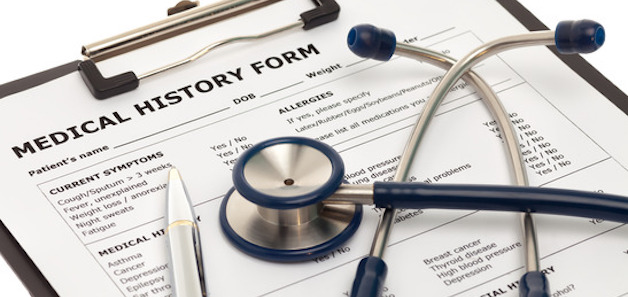
In the middle of a crisis, everybody pitches in and does what they can.
Non-medical companies like Tesla, General Motors, and Ford all have jumped in to leverage their manufacturing skills to produce medical supplies needed for fighting COVID-19. On the surface, that seems like a good thing. After all, if we need more medical supplies, who better to do it than companies with some of the biggest assembly lines in the world?
HHS has recognized how some companies can help. They’ve awarded multiple contracts to different organizations who can take up the slack in production of the medical supplies we need most. That can make a world of difference in the coming months as we continue to fight our way through this pandemic.
However, there is a difference between creating medical and non-medical products. A defect in a medical device can be life-threatening. And if a program leaves open doors to allow cybercriminal behavior in, the results can be devastating for years to come. Quality control needs to be impeccable. That means more on the job training and quality control through every step of the process to ensure everything produced is at proper medical standards.
That includes HIPAA standards too.
Right now, the HHS recognizes there is a fine line between working to save thousands of lives and meeting necessary guidelines within other industries - like the auto industry - so the rules are changing.
Healthcare workers can now relax certain standards and still be in compliance. COVID-19 Emergency Declaration Blanket Waivers give medical workers the freedom to move quickly to stop coronavirus while ensuring this fast-action won’t put them at risk for violation in the future. Specific regulations have been temporarily suspended, relaxed, or postponed, including things like:
- Medicare billing privileges
- Telehealth restrictions
- Increased acute bed care capacities
- Physician and non-physician licensing
As we move back to work, we won’t operate the same way ever again. These past few months have turned the idea of work on its head. We communicate differently. We’ll socialize differently. We’re more accepting of allowing technology in our lives.
That’s also going to change the risk factors.
According to the 2020 Black Hat survey, only 15 percent of security experts believe that cyber operations and threat flow will return to normal after COVID-19. Over 84 percent believe significant and long-lasting changes will impact our lives from this point forward.
Change is inevitable at this point. Possibly on a daily basis.
If you don’t have a team watching, ready to react to what every day brings, it’s time you did.
It’s the best way to prepare for an unknown future.
For IT Strategy, Cloud Conversion, or Help Desk Services reach out to us at Silver Linings Technology 360-450-4759.


